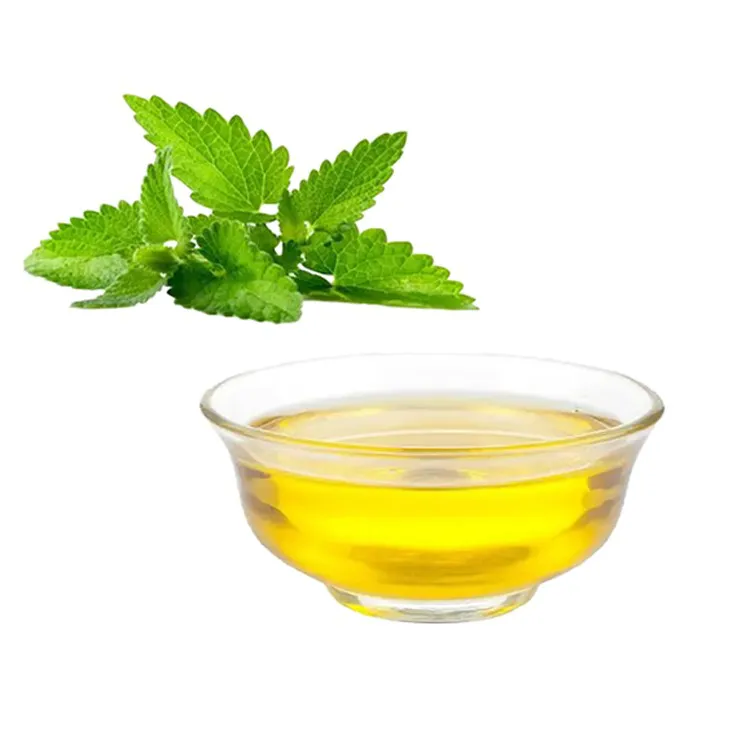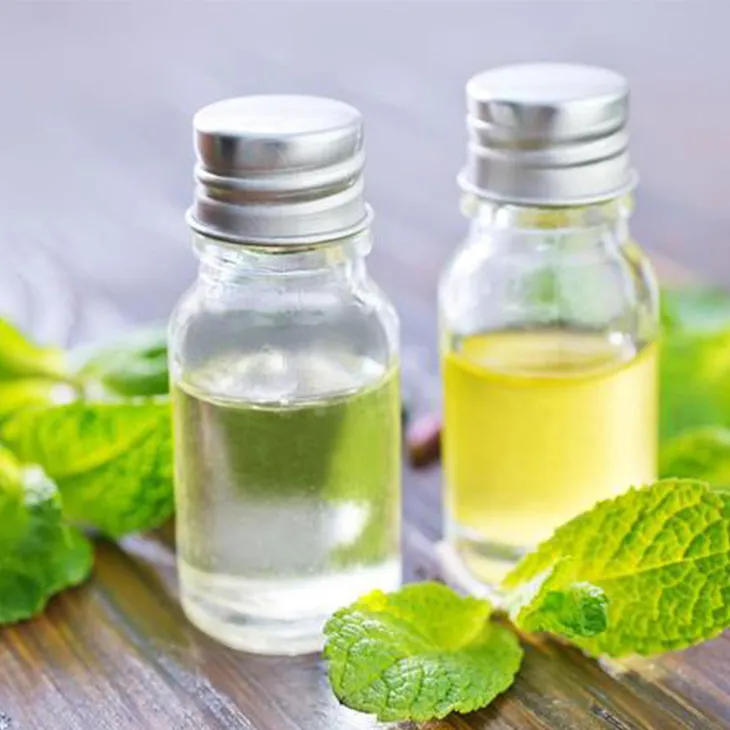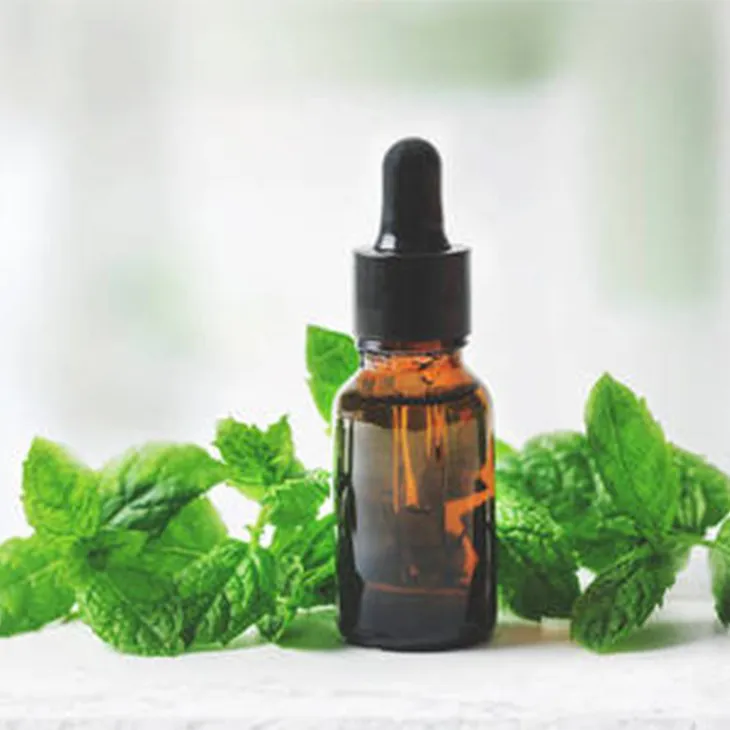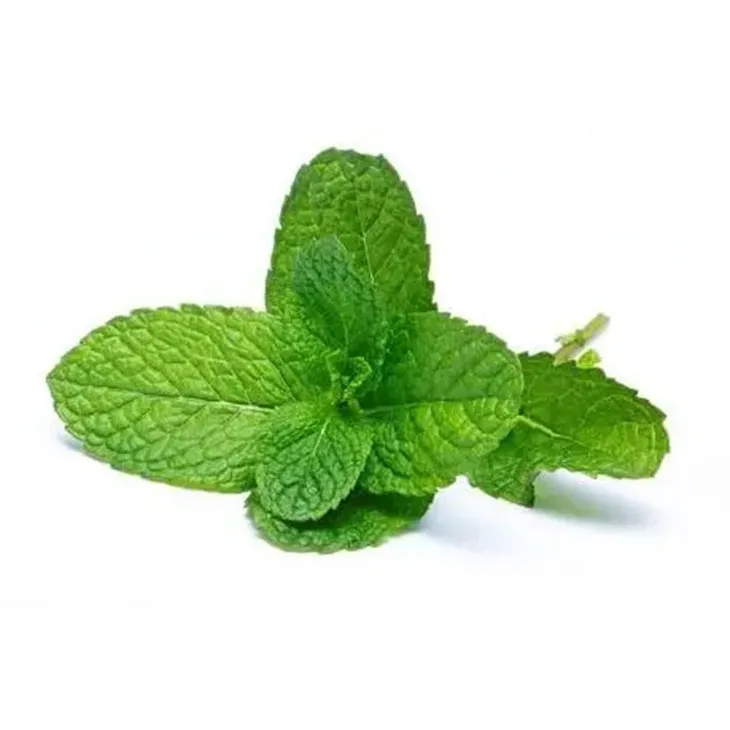- 0086-571-85302990
- sales@greenskybio.com
Use peppermint oil to prevent diseases and enhance immunity.
2024-11-14

Introduction
In the quest for natural remedies to prevent diseases and boost immunity, Peppermint Oil has emerged as a remarkable option. This essential oil, derived from the peppermint plant (Mentha × piperita), has been used for centuries in traditional medicine for its various health - promoting properties.

The Composition of Peppermint Oil
Peppermint Oil is a complex mixture of various compounds. Menthol, which gives peppermint its characteristic cool and refreshing flavor, is one of the major components. It also contains menthone, methyl acetate, and numerous other terpenes and esters. These components work together to confer the multiple health benefits associated with peppermint oil.

Antioxidant Properties
1. Free Radicals and Their Impact
- Free radicals are unstable molecules that are constantly formed in our bodies as a result of normal metabolic processes, as well as exposure to environmental factors such as pollution, radiation, and certain chemicals. These free radicals can cause oxidative stress, which is linked to a wide range of diseases including cancer, heart disease, and neurodegenerative disorders.
- Peppermint oil is rich in antioxidants. These antioxidants are able to neutralize free radicals by donating an electron without becoming unstable themselves. For example, the phenolic compounds present in peppermint oil can react with free radicals and prevent them from causing damage to cells and tissues.

Benefits for the Digestive System
1. Digestive Disorders
- Many people suffer from digestive problems such as indigestion, bloating, and abdominal pain. Peppermint oil has been shown to be effective in alleviating these symptoms. It helps to relax the smooth muscles of the gastrointestinal tract, which can relieve spasms and improve the movement of food through the digestive system.
- The digestive system plays a crucial role in overall immunity. A large part of the body's immune system is located in the gut, known as the gut - associated lymphoid tissue (GALT). When the digestive system is functioning well, it can support the proper development and function of the immune system. By soothing the digestive system, peppermint oil indirectly contributes to a stronger immune response.

Impact on Mental Well - being
1. Aromatherapy and Mood
- The pleasant aroma of peppermint oil has a positive impact on mental well - being. In aromatherapy, peppermint oil is often used to reduce stress, anxiety, and fatigue. The inhalation of peppermint oil can stimulate the olfactory receptors in the nose, which then send signals to the brain. These signals can influence the limbic system, which is involved in emotions and memory.
- Stress and negative emotions can suppress the immune system. By improving mental well - being, peppermint oil helps to reduce stress levels and thereby has an indirect positive effect on the immune system. A person who is less stressed and more relaxed is more likely to have a stronger immune response.
Methods of Use
1. Inhalation
- One of the simplest ways to use peppermint oil for its health benefits is through inhalation. You can add a few drops of peppermint oil to a diffuser. As the diffuser disperses the oil into the air, you can inhale the vapors. This is a great way to enjoy the mood - enhancing and respiratory - soothing effects of the oil.
- Peppermint oil can also be applied topically, but it should be diluted with a carrier oil such as coconut oil or jojoba oil before application. Diluted peppermint oil can be massaged onto the temples to relieve headaches or onto the abdomen to soothe digestive discomfort. However, it is important to do a patch test first to check for any allergic reactions.
- Some peppermint oil products are available in enteric - coated capsules for oral use. These capsules are designed to pass through the stomach intact and release the oil in the intestines. Oral use of peppermint oil can be beneficial for digestive problems, but it should be done under the guidance of a healthcare professional, as excessive consumption can have adverse effects.
Precautions
1. Skin Sensitivity
- Although peppermint oil is generally considered safe for topical use when diluted, some people may still experience skin irritation or allergic reactions. If you notice any redness, itching, or swelling after applying peppermint oil, discontinue use immediately.
- Peppermint oil may interact with certain medications. For example, it can interfere with the absorption of some drugs. If you are taking any medications, it is advisable to consult your doctor before using peppermint oil to avoid any potential interactions.
- When using peppermint oil orally, it is crucial to follow the recommended dosage. High doses of peppermint oil can cause side effects such as heartburn, nausea, and vomiting. Pregnant women, children, and people with certain medical conditions should be especially cautious when using peppermint oil internally.
Conclusion
Peppermint oil offers a natural and multi - faceted approach to preventing diseases and strengthening immunity. Its antioxidant properties, benefits for the digestive system, and positive impact on mental well - being all contribute to its overall effectiveness. However, it is important to use peppermint oil safely and appropriately, taking into account the precautions mentioned. By harnessing the power of peppermint oil, we can take an additional step towards maintaining good health and a robust immune system.
FAQ:
How does peppermint oil prevent diseases?
Peppermint oil is rich in antioxidants which can combat free radicals in the body. Free radicals can cause cell damage and are associated with various diseases. By neutralizing them, peppermint oil helps prevent diseases.
How does peppermint oil enhance immunity through the digestive system?
Peppermint oil can soothe the digestive system. A healthy digestive system is crucial for proper nutrient absorption. When the body can absorb nutrients effectively, it can support the immune system better, thus enhancing overall immunity.
Can the aroma of peppermint oil really affect mental well - being?
Yes, the pleasant aroma of peppermint oil has a positive impact on mental well - being. It can help reduce stress and anxiety. When a person is less stressed, the body's immune system is not suppressed by stress hormones, which indirectly contributes to a stronger immune system.
How should peppermint oil be used to gain these benefits?
Peppermint oil can be used in several ways. It can be diluted and applied topically, used in aromatherapy through diffusers, or in some cases, a very small amount can be ingested under proper medical guidance. However, it's important to note that improper use may cause skin irritation or other adverse effects.
Are there any side effects of using peppermint oil?
Yes, there can be side effects. If applied topically without proper dilution, it may cause skin irritation. Ingesting large amounts can also lead to adverse reactions such as nausea, vomiting, and allergic reactions in some people. Pregnant women and people with certain medical conditions should be especially cautious when using peppermint oil.
Related literature
- The Health Benefits of Peppermint Oil: A Review"
- "Peppermint Oil: From Aromatherapy to Immune Support"
- "Antioxidant Properties of Peppermint Oil and Disease Prevention"
- ▶ Hesperidin
- ▶ Citrus Bioflavonoids
- ▶ Plant Extract
- ▶ lycopene
- ▶ Diosmin
- ▶ Grape seed extract
- ▶ Sea buckthorn Juice Powder
- ▶ Fruit Juice Powder
- ▶ Hops Extract
- ▶ Artichoke Extract
- ▶ Mushroom extract
- ▶ Astaxanthin
- ▶ Green Tea Extract
- ▶ Curcumin
- ▶ Horse Chestnut Extract
- ▶ Other Product
- ▶ Boswellia Serrata Extract
- ▶ Resveratrol
- ▶ Marigold Extract
- ▶ Grape Leaf Extract
- ▶ New Product
- ▶ Aminolevulinic acid
- ▶ Cranberry Extract
- ▶ Red Yeast Rice
- ▶ Red Wine Extract
-
Red Vine Extract
2024-11-14
-
Shikone Extract
2024-11-14
-
Kelp Extract Powder
2024-11-14
-
Yellow Pine Extract
2024-11-14
-
Saw Palmetto Extract
2024-11-14
-
Echinacea Extract
2024-11-14
-
Giant Knotweed Extract
2024-11-14
-
White Peony Extract
2024-11-14
-
Moringa powder
2024-11-14
-
Curcumin Extract
2024-11-14





















